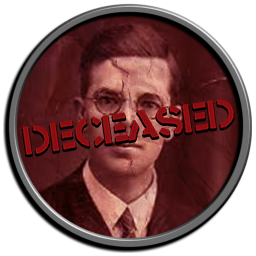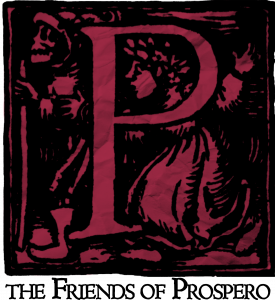BORN 1894 • DIED 1925
Nicodemus Ford was born in Queens, New York, in 1894, the doted-on son of Charles and Eliza Ford. Charles worked as a janitor and maintenance man at St. John’s University, while his mother ran a laundry and sewing service to help make ends meet. Due to his father’s work, Nicodemus could see the differences in economic class all around him from an early age, and he could feel the lingering sting of knowing he was not in one of the preferred classes.
In grade school, Nicodemus would accompany his father to campus whenever he could get away from school and chores. It was there, amid the comforting smell of the books in the library and the bucolic green grass and cedar trees that dotted the campus quad, that he formed a lifelong attachment to the idea of a university education.
This infatuation spurred him to study obsessively, which continuously earned Nicodemus the top marks in his class. Although he focused much of his time on his vigorous academics, Nicodemus still managed to form a close-knit group of friends made up mostly of children from his apartment building. These friends, who, despite teasing him for being a teacher’s pet, served as his protectors from bullies and other not-so-great individuals .
Nicodemus was a keen observer of the world around him. He saw his friends’ parents-their beaten-down faces, the scars on their arms from the sweatshop or the cannery-and decided to pursue a career in journalism to escape the drudgery of life in Queens. Furthermore , through his writing, he resolved to expose the injustices of the world around him. After graduating high school at the top of his class, he received his acceptance letter to St. John’s University.
During his time at St. John’s, he intensified his focus on studying while also serving as the editor of the university newspaper. It was not uncommon for Nicodemus to earn the ire of the faculty and staff by exposing numerous scandals. He also used his position to publish various articles depicting the struggles of the working-class neighborhoods in his home borough.
It was at the university that he met Clara Sutton, an anthropology student who had an interest in the occult. Clara was his first and only love, and as their relationship deepened, he learned more about her fascination with numerous cults around the world. While he was intrigued by these groups, some, he discovered , were dedicated to nefarious intrigues and seemed to be attuned to forces from beyond the solar system. Many referred to ancient texts and rituals, mentioning Old Ones, Grandes Viejos, Magna Veteres, or Alqadimat Aleazima.
Despite their feelings for each other, Sutton left the university suddenly, leaving only a letter for Nicodemus to find . Truly heartbroken, upon graduation, Nicodemus took a job at the Queens Gazette, where he delved into the underbelly of the borough he called home. He exposed child labor issues, the brutality of sweatshops, and the appalling conditions in the New York harbor.
During the Great War, he served stateside, writing informational brochures to explain European culture to U.S. soldiers, despite never having been to Europe. Even with his success, Nicodemus longed for something new. Upon seeing an advertisement in the New York Herald searching for participants for an expedition to Peru, Nicodemus jumped at the chance to explore the ancient civilizations of South America. He even believed there might be a book in it.
The Friends of Prospero
Peru: Episode VIII • Peru: Episode VII • Peru: Episode VI • Peru: Episode V • Peru: Episode IV • Peru: Episode III • Peru: Episode II • Peru: Episode I
The Two-Headed Serpent

